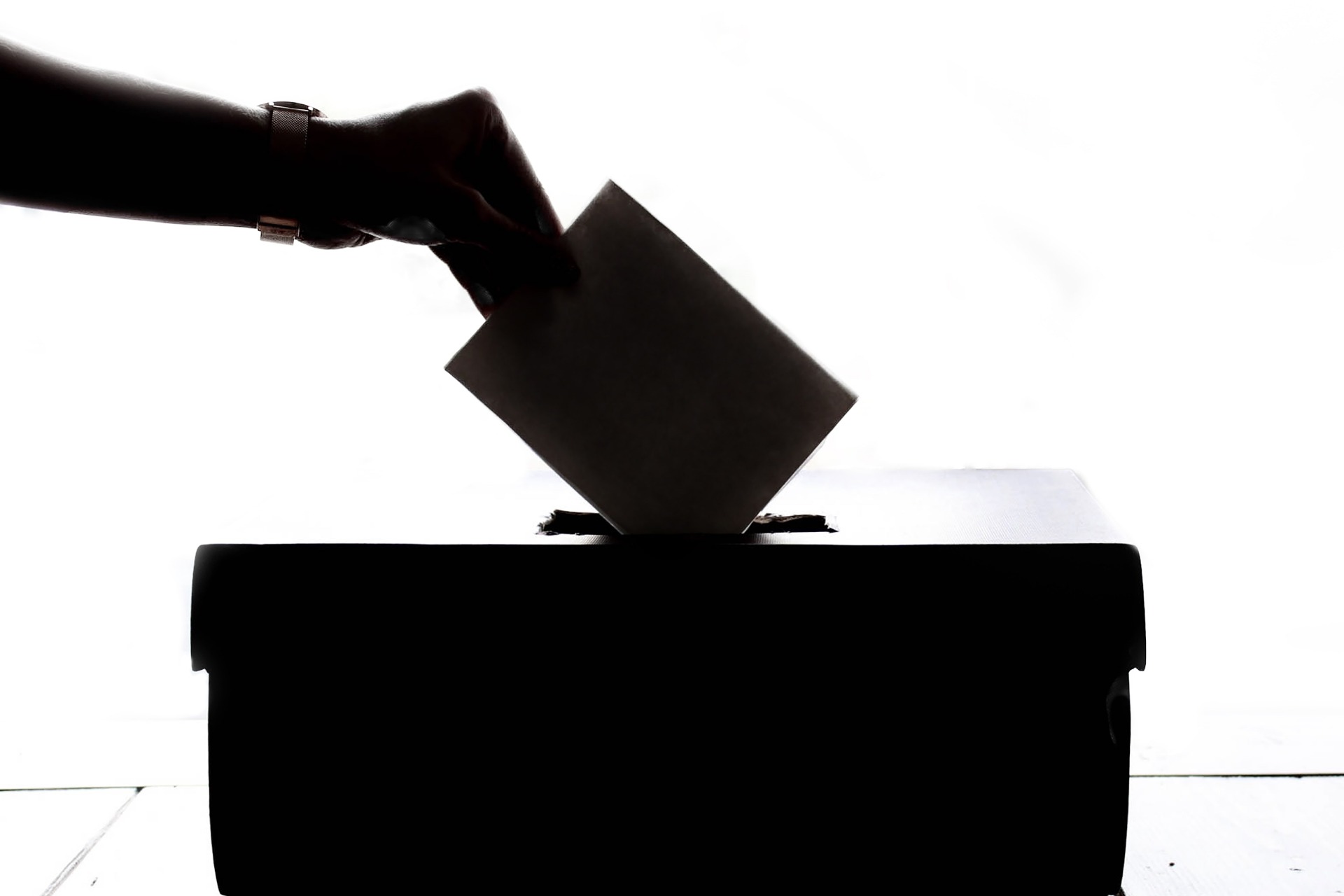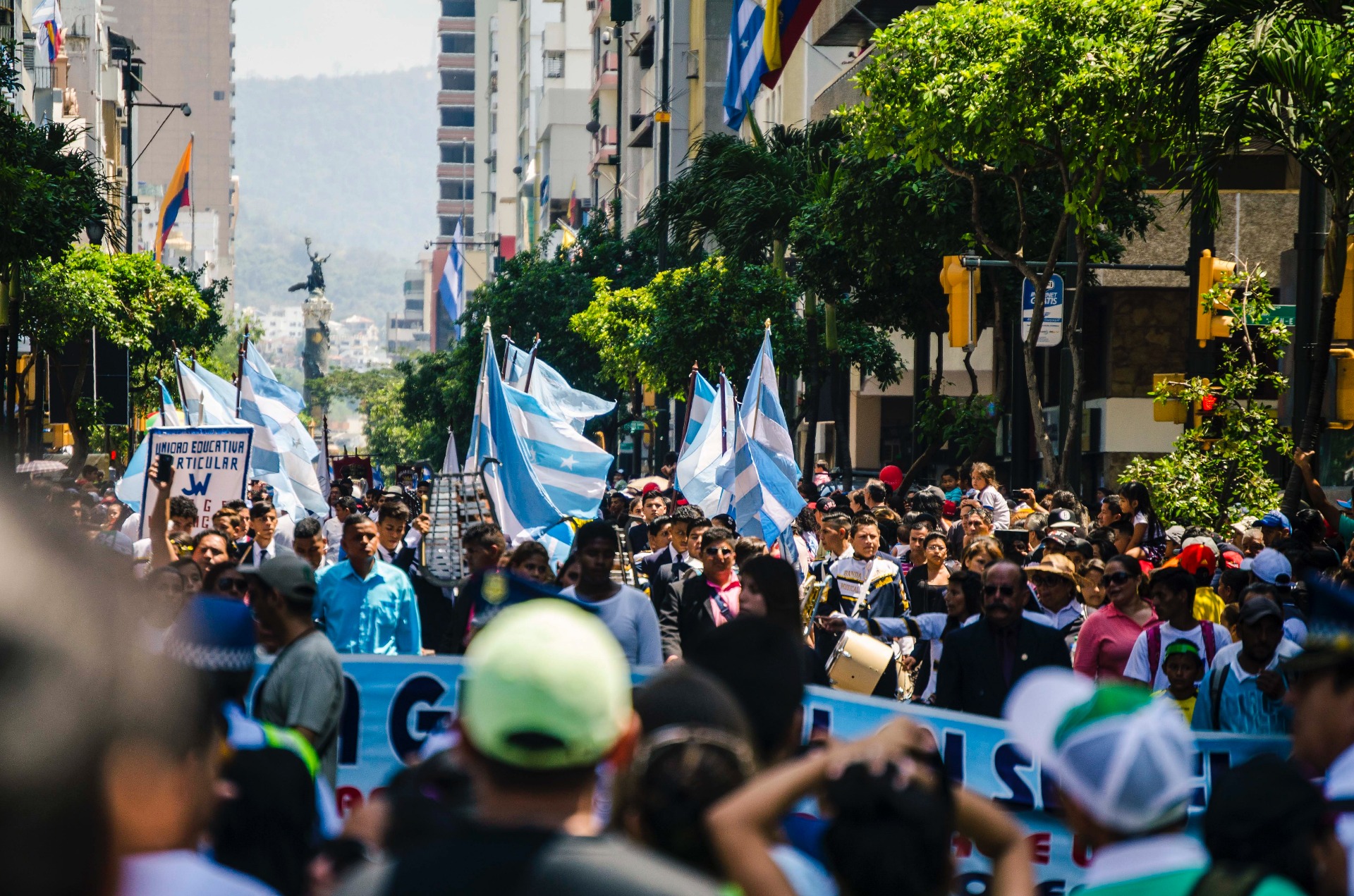Mass Influence
Robert A. Heinlein, an American science writer, once wrote that "Democracy is based on the assumption that a million men are wiser than one man. Autocracy is based on the assumption that one man is wiser than a million men."
Thankfully, the Founding Fathers managed to avoid both pure democracy, as well as pure autocracy in the formation of the United States. They deliberately formed the US Constitution with such a craft and purpose that it is nearly impossible to dismantle the system today. Such a constitution has been the first of its kind - defining the checks and balances, as well as the powers held by any one part of the US political system - from the president to the citizens. Many believe that as citizens, they have more influence than they think, or they have absolutely no influence in the political scene. And yet others are unaware of the exact influence they have. The truth is that while a majority of the population lack political influence on the national level, mass influence exists on a local level through the populist movement in the states, and through the politics of state initiatives.
The masses have more influence in state politics than in national politics, yet they are less knowledgeable about their own state and local politics. There is also less voter participation in state and local elections than in national elections, yet citizens have more political influence defined in the Constitution regarding state and local elections and politics. When the founders were forming the Constitution, they were skeptical of a direct democracy yet believed that the government rested on the consent of the governed.
Therefore, a republic was formed, with decision-making power going to the representatives of the people, not to the people themselves. It was a government as described by Abraham Lincoln, "government of the people, by the people, for the people," but not the people in a direct fashion.

At the beginning of the 20th century, Americans began to show their distaste for such a government through a strong populist movement in the mid-western and western states, attacking railroads, banks, corporations, and political institutions. The people believed that their elected representatives were ignoring the needs of family farmers, debtors, and laborers. They wished to bypass governors and legislature to directly enact popular laws for railroad rate regulation, relief of farm debt, and monetary expansion.
This movement was largely responsible for replacing the party conventions with primary elections still used today, the formation of the 17th amendment requiring US Senators to be directly voted and elected for by voters and non-state legislatures, and the widespread adoption of three forms of direct democracy used in today's political system: the initiative, referendum, and recall powers of the people.
The initiative power is a device by which a specific number or percentage of voters, by petition, can have a proposed state constitutional amendment or state law placed on the ballot for adoption or rejection by state voters. This bypassed the legislature and allows citizens to propose laws and constitutional amendments.
A majority of the citizens support the initiative process, and it generally reflects the mass's attitudes, not the preferences of government officials. Popular initiative movements have accomplished making English the official language, having limited terms for public officials, limiting taxes of various kinds, having allowed gambling and marijuana use for medicinal and recreational purposes, the prohibition of spending state funds for abortion, and permitting physician-assisted suicide.
Most government officials oppose the initiative process and a majority of states have managed to prohibit initiative rights to their citizens. In fact, only 18 states allow the initiative process. Citizen initiatives, in reality, are often backs by special interest groups, not the people directly. Specific businesses, industries, labor unions, government employees, religious organizations, the gambling industry, among many others, support the initiative process for their own interests. They hide behind the facade that it is only the people who use the initiative process, not the people and a large corporation backing them up. Usually, paid workers gather the necessary signatures and promote the initiative on the TV, radio, and newspaper ads.
Critics of the initiative process state that it undermines legislative power and procedures generated poorly drafted and ill-considered proposals and encourages high-spending and deceptive campaigns. They continue to critic it, saying that it permits excessive special interest influence, has become too professionalized, encourages single-issue politics, generates voter confusion and overload, discourages compromise, and invites corruption and manipulation.
Supporters of the initiative process, however, combat those cons by stating that the initiative process allows the public to circumvent the governor and legislature when necessary, neutralizes the power of special interests, and it overcomes resistance to governmental and political reforms. They continue saying that the process stimulates public involvement in state issues and exerts pressure on the legislature to act responsibly.
Perhaps the state with the greatest use of the initiative process would be California, beginning in 1997, where a successful ballot initiative made it a felony to sell horsemeat for human consumption. In 2008, voters passed two initiative measures - the regulation of confining poultry and a ban on gay marriage. In 2009, California Chief Justice Ronald George stated that the ease of getting measures on the ballot had "rendered state government dysfunctional" when an initiative process placed restrictions on the ability of state legislature to budget, resulting in a nearly chronic budget crisis. While the initiative process giver direct democratic powers to voters, this type of power isn't always dealt with intelligence and wisdom.
Another form of direct democracy would be the referendum, which is a political device by which the electorate must approve either a decision of the legislature or a citizen-proposed initiative before it becomes law. This goes hand in hand with the initiative process to allow citizens to directly alter the laws and constitution of their states.
The final form of direct democracy is the recall, an election that allows voters to remove elected officials before their term expires. The recall is usually initiated by a petition with a required number of signatures, usually a certain percentage of the voted from the last election. Recall petitions are rarely successful.
The most celebrated recall petition had taken place in 2003 when there was a recall for California governor Gray Davis to be replaced by actor Arnold Schwarzenegger. In 2012, there was a failed attempt to recall Wisconsin governor Scott Walker. In 2013, another successful recall out of the many failed ones included Colorado voters removing State Senate President John Morse because of his support for gun control.
In conclusion, despite the craftiness of the Founding Fathers in forming the Constitution in 1787 and the slight amendments to it since then, including the forms of direct democracy available to voters in their local and state political events, an imperfect government and society will somehow find a way to manipulate it - even if it's from mass ignorance about the political scene. While the initiative, referendum, and recall powers of the voters are great opportunities for people to be more involved in the government, they are also ways for the masses to use this influence for the worse. However, because of the checks and balances defined in the Constitution, complete chaos cannot ensue. Such a constitution is still the first of its kind, allowing mass influence to exist on a local and state level. That freedom cannot be found anywhere else.

